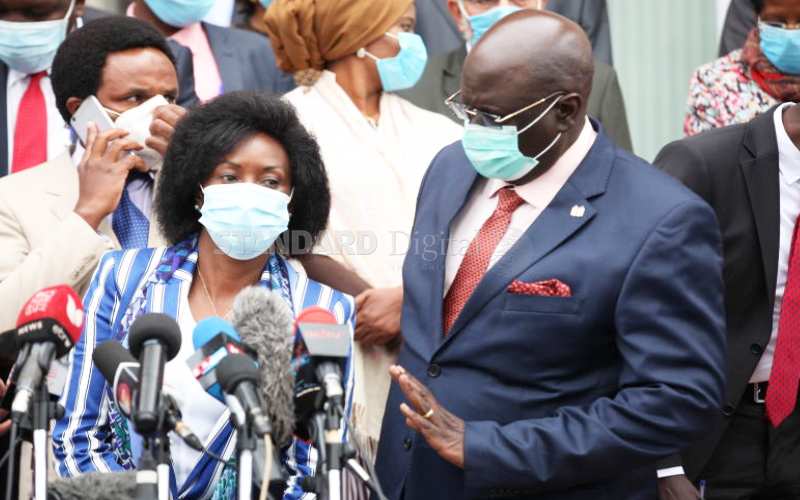×
The Standard e-Paper
Smart Minds Choose Us

The safety of learners, teachers and the rising number of Covid-19 cases has forced the Government to suspend this year’s academic calendar.
Consequently, all the 15 million pre-primary, primary and secondary school learners will repeat their respective classes starting from January next year. This also affects those in private schools, including those who pursue foreign curricula.